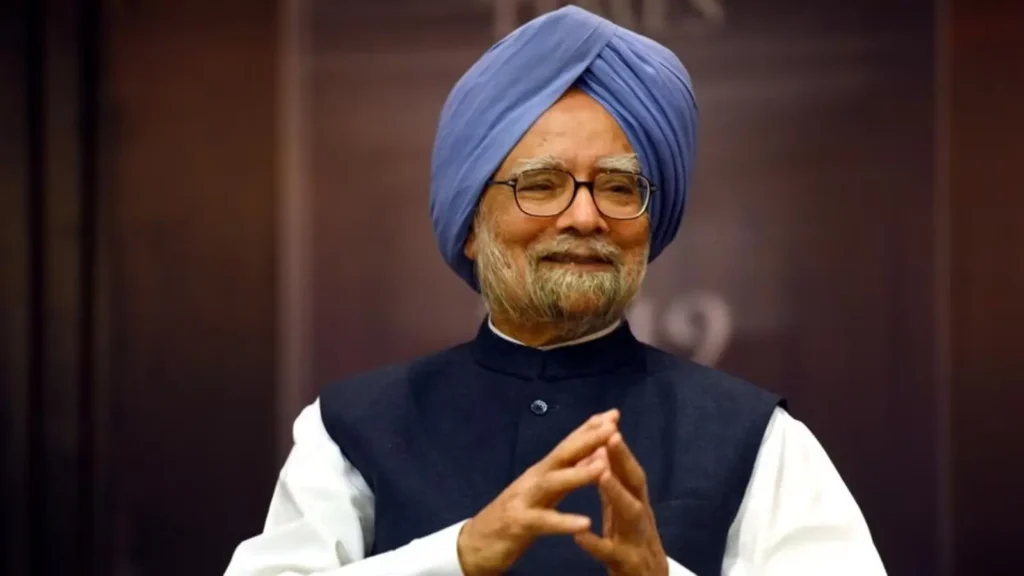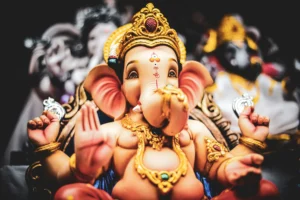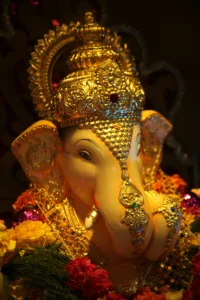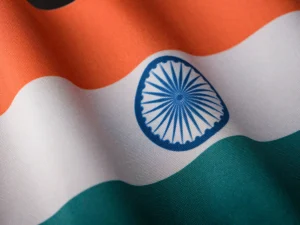Former Indian prime minister Manmohan Singh died at the All India Institute of Medical Sciences (AIIMS) on Thursday night at the age of 92.
Manmohan Singh was India’s 13th Prime Minister and the first Sikh to hold the post of the Congress-led United Progressive Alliance (UPA) government at the Centre from May 2004 to May 2014. Emergency measures were initiated immediately at home. He was brought to the Medical Emergency at AIIMS, New Delhi at 8:06 PM. Despite all efforts, he could not be revived and was declared dead at 9:51 PM,” the hospital said in a statement, confirming the Congress veteran’s passing away.
India mourns the loss of one of its most distinguished leaders, Dr. Manmohan Singh Ji. Rising from humble origins, he rose to become a respected economist. He served in various government positions as well, including as Finance Minister, leaving a strong imprint on our economic… pic.twitter.com/clW00Yv6oP
— Narendra Modi (@narendramodi) December 26, 2024
Dr Manmohan Singh, who retired from public life after the Congress’ defeat at the hands of the BJP in the 2014 Lok Sabha polls, made his last public appearance in the Rajya Sabha, of which he was a member, in August 2023. As a mark of respect for Manmohan Singh, Congress cancels all programs for the next seven days.
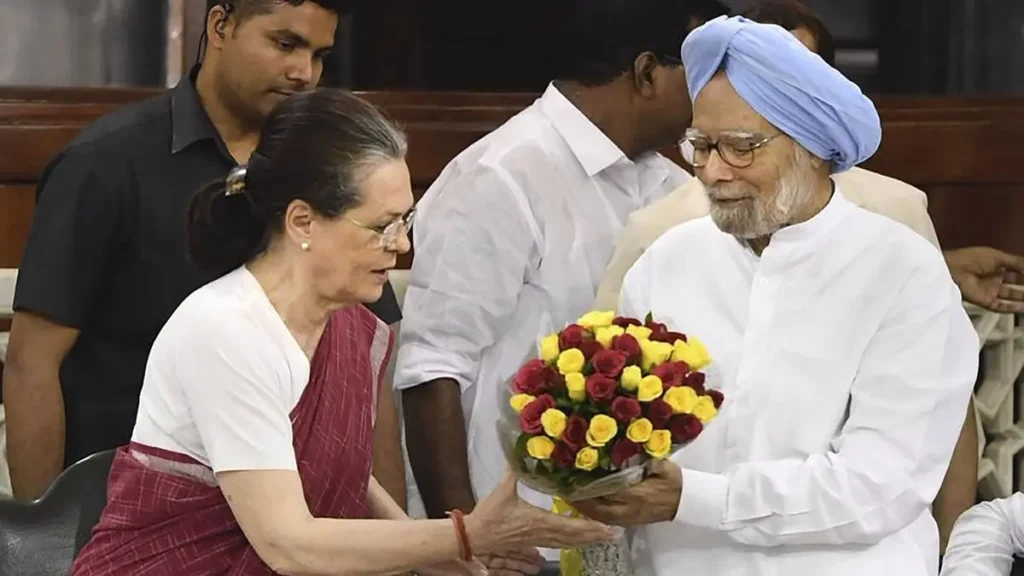
Born on September 26, 1932, in Gah, Punjab (now in Pakistan), Mr Singh’s journey stretched from an academically gifted student in a village with no electricity to one of India’s most influential leaders. After earning a First-Class Honours degree in Economics from the University of Cambridge in 1957, he pursued a D.Phil. in Economics at Oxford. He began his career as an academic, teaching at Punjab University and later the Delhi School of Economics, before moving into public service.
Dr Singh’s appointment as Finance Minister in 1991 by then Prime Minister PV Narasimha Rao marked the turning point for India’s economy. At a time when the country was on the brink of financial collapse, Dr Singh ushered in sweeping liberalization reforms. He dismantled the license raj, unshackled private enterprise, and repurchased the gold reserves India had mortgaged just months earlier.
His work earned him recognition as the architect of modern India’s economic framework.


